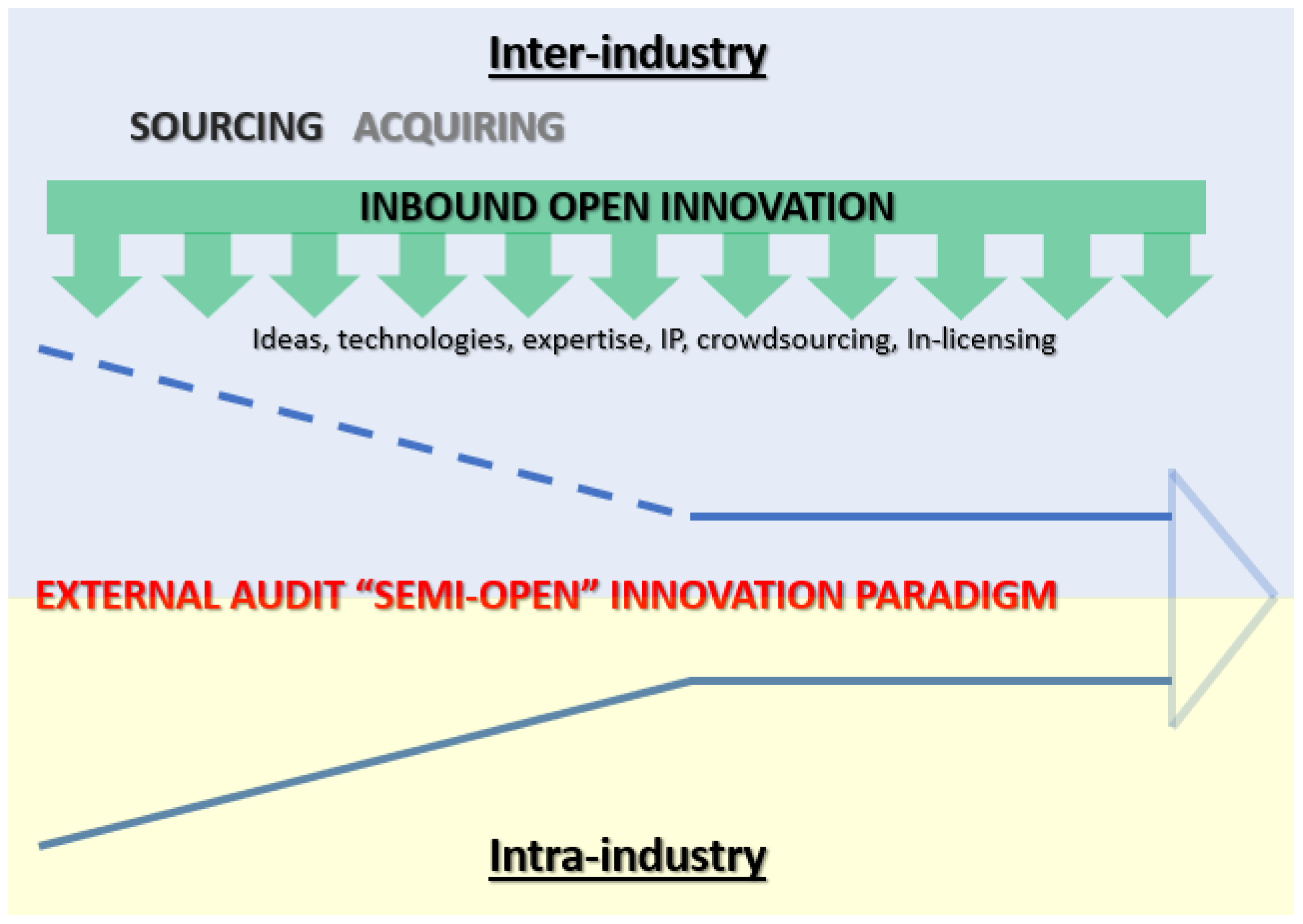CCCam HD Insights
Stay updated with the latest in streaming and tech.
Fair Game: Why Blockchain Audits are the New Fair Play
Discover how blockchain audits promote fairness and transparency in the digital world. Dive into the future of fair play today!
Understanding Blockchain Audits: Ensuring Transparency and Trust in Crypto
Understanding blockchain audits is crucial for anyone involved in the crypto space. These audits serve as a meticulous examination of the code and protocols that govern blockchain networks, ensuring that they operate as intended. The process involves a thorough review by independent experts who assess smart contracts and decentralized applications (dApps) for vulnerabilities, compliance, and security. By identifying flaws before they can be exploited, audits play a vital role in maintaining the integrity of the blockchain system and build user confidence.
This process not only enhances transparency within the crypto ecosystem but also fosters trust among users and investors. When projects undergo rigorous auditing, they provide evidence of their commitment to accountability and safety. This level of due diligence can greatly influence potential investors, assuring them that their assets are protected and that the project is legitimate. As the cryptocurrency landscape continues to evolve, the importance of blockchain audits becomes increasingly clear, highlighting the need for reliable practices in strengthening user trust.

Counter-Strike is a highly popular team-based first-person shooter game that has captivated millions of players around the world. With its strategic gameplay and competitive nature, players engage in intense matches where they can choose to play as either terrorists or counter-terrorists. Players can enhance their gaming experience by utilizing various resources and strategies, and many look for opportunities such as a stake promo code to gain advantages in their gaming journey.
The Role of Blockchain Audits in Preventing Fraud: What You Need to Know
Blockchain audits play a crucial role in ensuring the integrity and security of blockchain systems, significantly contributing to the prevention of fraud. By examining the underlying code of smart contracts and verifying transaction histories, audits help identify vulnerabilities that could be exploited by malicious actors. These assessments not only enhance trust among stakeholders but also strengthen the overall transparency of operations. As blockchain technology becomes increasingly integrated into various industries, understanding the importance of these audits is essential for anyone involved in blockchain projects.
Moreover, implementing regular audits serves as a proactive measure against potential fraud. Organizations can establish best practices by integrating blockchain audits into their compliance frameworks, ensuring adherence to industry standards and regulations. This approach not only mitigates risks but also fosters a culture of accountability and transparency. By prioritizing blockchain audits, businesses can safeguard their assets, build consumer confidence, and create resilient systems capable of withstanding the ever-evolving landscape of cyber threats.
Why Every Blockchain Project Needs an Audit: Key Benefits Explained
In the rapidly evolving world of blockchain technology, conducting a thorough audit is crucial for the success and integrity of any project. Blockchain audits are essential to identify vulnerabilities and ensure compliance with industry standards. With cyber-attacks becoming increasingly sophisticated, a thorough audit can help detect possible security threats and mitigate risks before they lead to costly breaches. Furthermore, audits validate smart contracts, confirming that they behave as intended and protecting your project from unexpected failures that could undermine user trust.
Another significant benefit of a blockchain audit is the enhancement of transparency and credibility. For investors and users to feel confident in your project, they need assurance that it has been rigorously vetted. A successful audit can serve as a strong marketing tool, showcasing your commitment to security and excellence. Additionally, many industry-first projects have made audits a prerequisite for listing on exchanges, making it a vital step for any blockchain initiative looking to gain traction and trust in the marketplace.